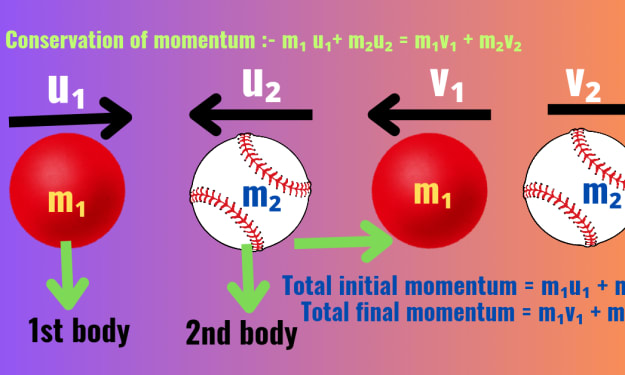STOP! Stop adding 'ing' to these words (owe, have, sound etc.)
Learning how to use stative verbs

Yes! You saw that right. Ladies and gentleman, not all words that function as verbs are inflected words (words that have different ending or spelling according to their grammatical function in a sentence) such as adding 'ing' to cook which gives cooking, to portray a present continuous/progressive tense and/or adding 'ed' to play which gives played, to portray the past tense.
Words that have the functionality of a verb and cannot be inflected with 'ing' are known to be STATIVE VERBS. Accordingly, stative verbs describe a state/condition rather than an action.
Quite a number of verbs can refer to states and not actions depending of the contexts (situations where the words are used) .
1. OWE: means to have to pay somebody for something that you have already received or return money that you have borrowed.
Incorrect: She is still owing the woman #3,000.
Correct: She still OWES the woman #3,000.
Incorrect: Exactly how much are we owing?
Correct: Exactly how much do we OWE?
Incorrect: You are owing me an explanation on why you left home despite the stay-at-home order.
Correct: You OWE me an explanation on why you left home despite the stay-at-home order.
OWE in the above-mentioned contexts describes state – debt (the sum of money that someone owes) .
2. HAVE: I'm afraid you've been missing the mark if you've been inflecting the word 'have' with ing when it means to suffer from an illness or a disease; when it means to show a quality or feature
Incorrect: I am having a headache.
Correct: I HAVE a headache.
Incorrect: Those cars are having three–wheel drive.
Correct: Those cars have three-wheel drive.
HAVE in the above-mentioned contexts describes state – possession.

3. HEAR: when this denotes that one is aware of sounds with one's ears and to listen or pay attention to somebody/something, then 'ing' shouldn't be added to it.
Incorrect: I am not hearing you/I am hearing you.
Correct: I can't HEAR you/I can HEAR you.
Incorrect: Things are going well from what I have been hearing.
Correct: Things are going well from what I HEAR.
HEAR in the above-mentioned contexts describes state – senses and perceptions.
4.TASTE: 'This food is tasting delicious'. You'd agree with me that tasting isn't the right word here as TASTING is describing an action — like the food is actually checking the taste, which doesn't make any sense. Hence, when you want to check if something has a particular taste, it shouldn't be used with 'ing'.
Correct: This food TASTE delicious.
Incorrect: This drink is tasting like pineapple.
Correct: This drink TASTES like pineapple.
5. SOUND: Being the last word for this article but not the last on the list of words that shouldn't be inflected with 'ing', which means to give a particular impression when heard or read about.
Incorrect: I'm about to say something which is sounding a bit strange.
Correct: I'm about to say something which SOUND a bit strange.
Incorrect: His voice is sounding familiar.
Correct: His voice SOUNDS familiar.
Incorrect: She wasn't sounding surprised when I told her.
Correct: She didn't SOUND surprised when I told her.
I trust you've learnt something new. If so, kindly drop a comment in the comment sections and share so others can learn too -- don't forget sharing is caring.
Many thanks for reading!
About the Creator
Enjoyed the story? Support the Creator.
Subscribe for free to receive all their stories in your feed. You could also pledge your support or give them a one-off tip, letting them know you appreciate their work.





Comments
There are no comments for this story
Be the first to respond and start the conversation.